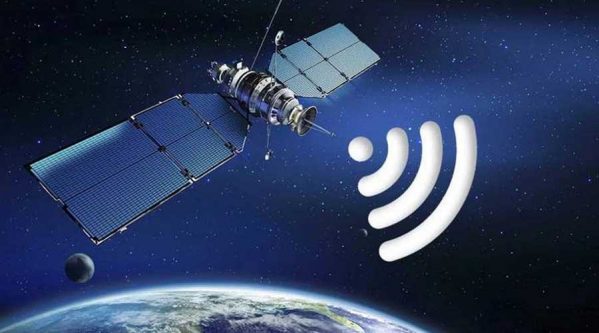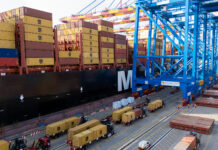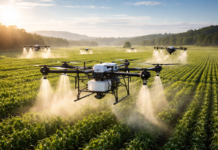The World Economic Forum has observed that use of satellite can boost agriculture in Africa. According to data from the organisation, earth observations are fundamental to harnessing the innovations of the Fourth Industrial Revolution to support agricultural productivity growth across Africa
Africa is a large continent with a rich and diverse environment, resulting in many challenges, such as access to drinking water, rapid urban development, active deforestation, and food insecurity. The United Nations Economic Commission for Africa reports that economic growth will slow from 3,2% to 1,8%, pushing 27 million people into extreme poverty.
Africa’s ability to respond and recover is linked directly to how well the human population’s impact on natural resources is understood. Earth observation data is the cornerstone to this information, and a key transition of the Fourth Industrial Revolution is the change in how this data is accessed and used to support a quick response to these critical challenges.
Ready-to-use insights
Earth observation provides vast quantities of satellite data for monitoring and managing Earth’s natural resources and the human and climatic impact on them. Digital Earth Africa (DE Africa), funded in part by the Australian government, is building the world’s largest operational platform for accessing and analysing decades of satellite imagery specific to Africa.
The project will translate data from the world’s free Earth observation satellites into ready-to-use insights about the continent’s environmental conditions. The insights it offers can be used to tackle a wide range of issues, including water scarcity, land use and food security.
Earth observation can be used to improve crop monitoring at field and farm level, and could be the basis of accurate models set up to identify and remove factors causing lower yields (for example, sowing too late for current weather conditions), and making informed decisions on when to irrigate.








